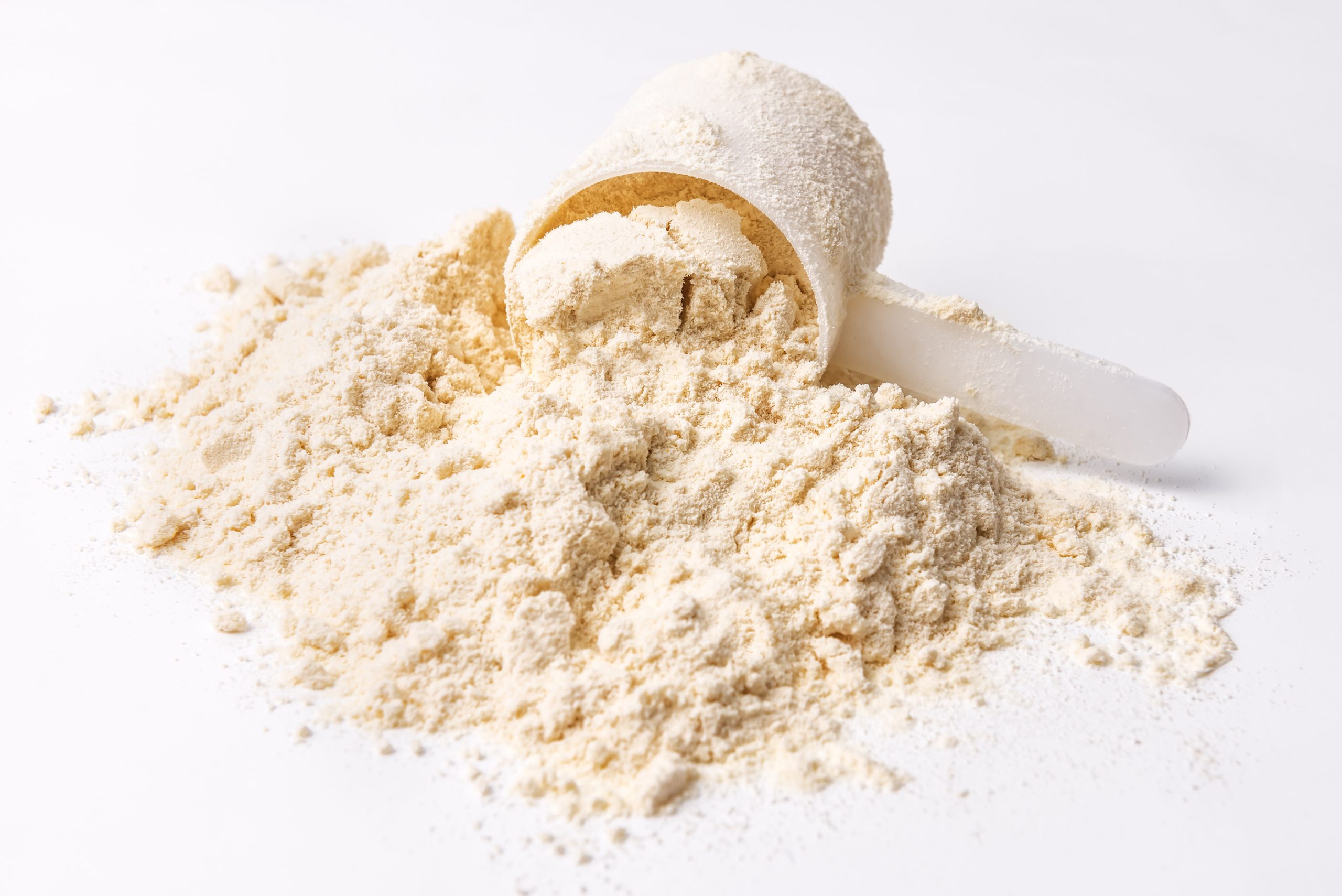FORGOING INDULGENCE WITH PLANT-BASED ICE CREAM?
NOT WITH US!
For years, the plant-based food market has seen impressive growth, and the ice cream industry is no exception. Driven by a growing awareness of environmental protection, animal welfare and individual health, consumers have increasingly sought plant-based alternatives to traditional dairy products. Plant-based ice cream in particular has proven to be a popular choice, as it is not only ethically sound, but also tastes great. As a rule, ice cream is strongly flavored anyway. Cold-processed almond protein harmonizes very well with various flavors (including chocolate and vanilla) and therefore offers a good vegetable solution that also does not require masking flavors.

According to recent market research reports, growth in the plant-based ice cream segment has more than tripled over the past five years. Demand for plant-based ice cream has been steadily increasing, with much of this growth occurring in the last two years. Forecasts for the coming years are equally promising, as the trend toward plant-based foods continues and is even gaining momentum.
Major manufacturers and dairies have recognized the potential of this growing demand and are expanding their product portfolios to include plant-based alternatives. In addition to established suppliers, innovative start-ups are also entering the market with creative flavors and original products. This highly competitive sector promotes product innovation and quality, which ultimately benefits consumers.
The variety of plant-based ice cream is impressive, ranging from traditional flavors like vanilla and chocolate to more exotic options like mango lychee or matcha tea. This wide range of flavors allows manufacturers to appeal to a diverse target group and meet consumer needs.
Most plant-based ice creams are based on a selection of popular plant-based raw materials. Soy milk has long been a tried and true ingredient that not only provides a creamy consistency, but also a good source of protein. Coconut milk, on the other hand, gives the ice cream a rich, tropical flavor and a pleasant texture. Oat milk is also gaining popularity and convinces with a mild, slightly nutty taste.

Micro-milled, native almond protein provides a particularly creamy consistency and adapts naturally to many flavors.
Almond protein plays a prominent role in this impressive range. The almond is known for its pleasantly mild and nutty flavor, which harmoniously complements a variety of flavors. Almond protein gives the ice cream a creamy consistency and provides a tasty experience. Due to its sustainability aspects and health benefits, almond protein is becoming increasingly popular with consumers and manufacturers alike.
However, the rapid expansion of the plant-based ice cream segment is not without its challenges. One of the key hurdles is the texture and creaminess of the products. Plant-based milk alternatives naturally have a lower fat composition than traditional milk, which can affect ice cream. Manufacturers are therefore challenged to use innovative techniques and ingredients to develop a tender, smooth, yet firm ice cream.
Another aspect is the taste. Consumers expect from plant-based ice cream not only a wide variety of flavors, but also an authentic and balanced taste experience. This is where the specific properties of plant-based raw materials come into play, requiring a careful balance to meet consumer expectations. The growing demand for plant-based ice cream offers significant opportunities for both established manufacturers and emerging companies. The steadily increasing growth rates and the wide range of plant-based raw materials open up scope for innovation and creativity in product development. In this context, almond protein is a particularly promising choice for producing high-quality, flavorful and sustainable plant-based ice cream due to its unique taste benefits and environmental advantages. The goal of meeting the needs of discerning consumers while contributing to environmental protection is thus within reach for major producers and dairies.

